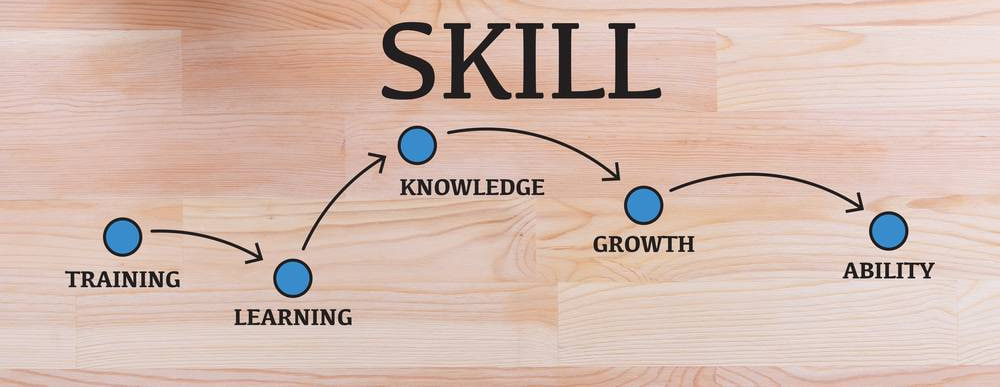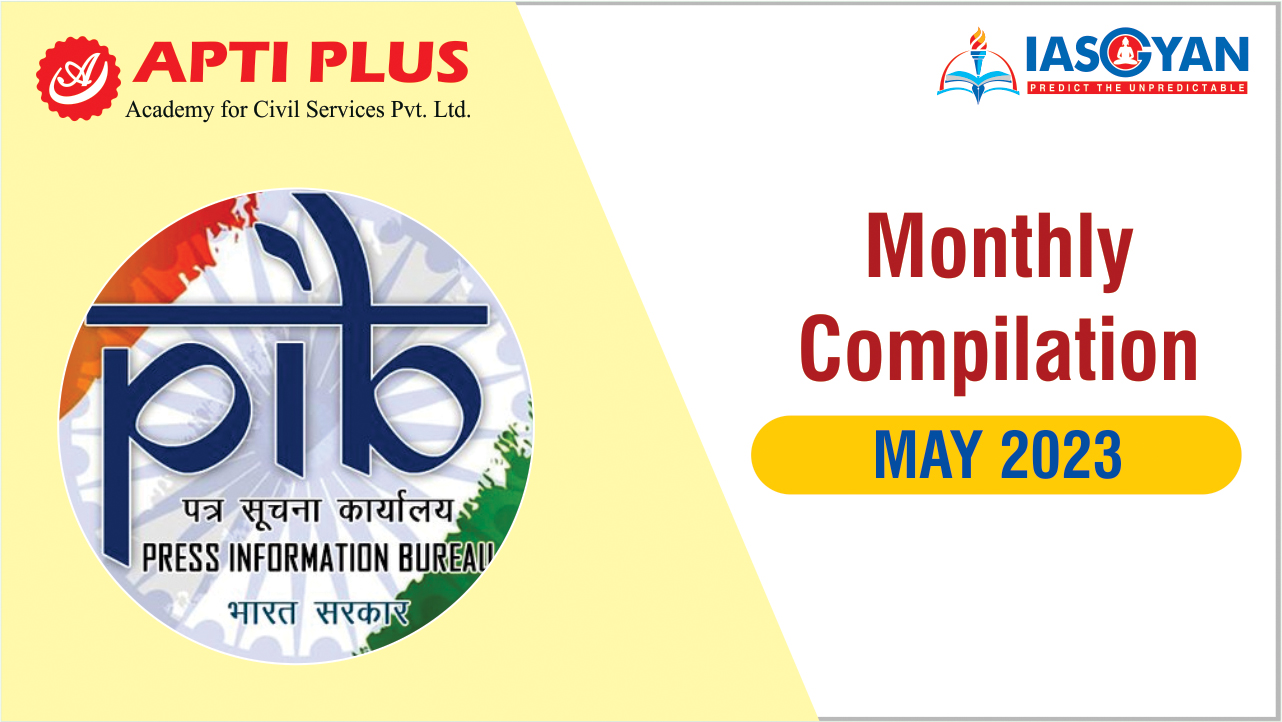Description

Copyright infringement not intended
Context: The Ministry of Skill Development & Entrepreneurship (MSDE) certifies 98 Trainers trained in the cluster-based Training of Trainers project under the SANKALP programme
Details
- The SANKALP programme is a flagship initiative of the Government of India to enhance the quality and relevance of skill development in the country. One of the key components of this programme is the cluster-based Training of Trainers (ToT) project, which aims to create a pool of qualified and competent trainers who can deliver effective and industry-aligned training to the youth.
.jpeg)
Cluster-based ToT project
- The cluster-based ToT project is implemented by the Ministry of Skill Development & Entrepreneurship (MSDE) in collaboration with various Sector Skill Councils (SSCs) and training partners.
- The project covers 23 sectors and 156 job roles across 14 states and union territories. The project adopts a blended learning approach, which combines online learning, face-to-face sessions, field visits, assessments and mentoring.
Some of the highlights of the cluster-based ToT project are:
- It is a demand-driven and industry-led project that aligns with the National Skill Qualification Framework (NSQF) and the National Occupational Standards (NOS).
- It follows a learner-centric and outcome-based approach that focuses on developing the competencies and skills of the trainers.
- It provides multiple learning opportunities and resources to the trainers, such as e-learning modules, webinars, videos, case studies, quizzes, assignments and projects.
- It offers continuous support and guidance to the trainers through online mentors, subject matter experts and peer groups.
- It enables the trainers to network and collaborate with other trainers, training partners and employers across different sectors and regions.
- It enhances the employability and recognition of the trainers by providing them with certificates, digital badges and micro-credentials.
SANKALP Programme
About
- Skill development is a crucial factor for achieving inclusive and sustainable growth in India. The country has a large and young population that can be harnessed as a demographic dividend if they are equipped with the right skills and knowledge for emerging opportunities in the economy.
- However, the current skill development system faces several challenges such as low quality, low relevance, low access, low participation, low outcomes and low convergence.
- To address these challenges, the Ministry of Skill Development and Entrepreneurship (MSDE), Government of India launched the Skills Acquisition and Knowledge Awareness for Livelihood Promotion (SANKALP) programme in 2018.
- SANKALP is a World Bank loan-assisted project and is aligned with the overall objectives of the National Skill Development Mission (NSDM). The project focuses on transforming the overall skilling ecosystem of India, covering both central and state-level agencies for improved outcomes.
The main features of SANKALP are:
- Strengthening institutional mechanisms for skill development at national, state and district levels by establishing a robust governance structure, enhancing capacity, improving data systems and promoting convergence.
- Increasing access to quality and market-relevant training for the youth across the country by expanding the network of skill providers, diversifying skill courses, improving quality standards, creating assessment and certification systems and leveraging technology.
- Fostering innovation and inclusion in skill development by supporting innovative models of skill delivery, creating platforms for knowledge sharing, incentivizing best practices, enhancing the participation of women and disadvantaged groups and promoting lifelong learning.
- Creating an enabling environment for skill development by engaging with industry, employers, civil society and other stakeholders, aligning skills with demand, facilitating placement and entrepreneurship support and creating awareness and advocacy.
The significance of SANKALP lies in its potential to:
- Enhance the employability and productivity of India's workforce by providing them with relevant skills and knowledge that match the current and future needs of the economy.
- Empower the youth with choices and opportunities for decent work and livelihoods by expanding their access to quality training and career guidance.
- Reduce poverty and inequality by promoting social inclusion and economic mobility of women and disadvantaged groups through skill development.
- Contribute to the national goals of Atmanirbhar Bharat (self-reliant India) by fostering a culture of innovation and entrepreneurship in the skill sector.
Some of the key initiatives under SANKALP are:
- Mahatma Gandhi National Fellowship (MGNF) Programme: A two-year academic programme that combines classroom sessions at IIMs with an intensive field immersion at the district level to strengthen the District Skill Committees (DSCs) for skill planning and management.
- Engagement with Ministry of Panchayati Raj (MoPR): A partnership to integrate skill development planning in the Gram Panchayats (GPs) by leveraging their local resources, institutions and governance mechanisms.
- Awards for Excellence in District Skill Development Planning (DSDP Awards): An award scheme to recognise the efforts in creating functional and innovative DSDPs by District Administration.
- Kaushal Bharat: A digital platform to provide information, guidance and support to all stakeholders involved in skill development such as trainees, trainers, training providers, employers, policymakers etc.
The challenges faced by SANKALP include:
- Coordination and alignment among multiple agencies involved in skill development at different levels.
- Quality assurance and standardization of skill training across various sectors and regions.
- Mobilization and retention of trainees especially from rural areas, women and disadvantaged groups.
- Linkage of skill training with employment outcomes and career progression.
- Monitoring and evaluation of results and impact of skill interventions.
The way forward for SANKALP is to:
- Strengthen the institutional capacity and governance structure for effective implementation of skill policies and programmes.
- Enhance the quality and relevance of skill training by aligning it with industry demand, global standards and emerging technologies.
- Increase the access and participation of youth in skill training by creating awareness, providing incentives, removing barriers and ensuring equity.
- Foster innovation and inclusion in skill development by supporting new models of delivery, promoting best practices, encouraging entrepreneurship and facilitating lifelong learning.
- Create an enabling environment for skill development by engaging with all stakeholders, creating feedback loops, and ensuring accountability and transparency

Conclusion
- SANKALP is a strategic reforms programme in the domain of skill development that aims to improve the outcomes and impact of skilling interventions in India. It is expected to benefit millions of youth by providing them with the skills and knowledge that will enable them to participate in the economic and social development of the country.
Must Read Articles:
National Skill Development Fund (NSDF): https://www.iasgyan.in/daily-current-affairs/national-skill-development-fund-nsdf
|
PRACTICE QUESTION
Q. Skill development in India is a crucial aspect of the country's economic and social progress. What are the main features and objectives of the current skill development policy and initiatives? What are the major challenges and gaps in the implementation and outcomes of skill development programs? What are the possible ways to overcome these challenges and improve the effectiveness and efficiency of skill development in India?
|
https://pib.gov.in/PressReleaseIframePage.aspx?PRID=1932093








